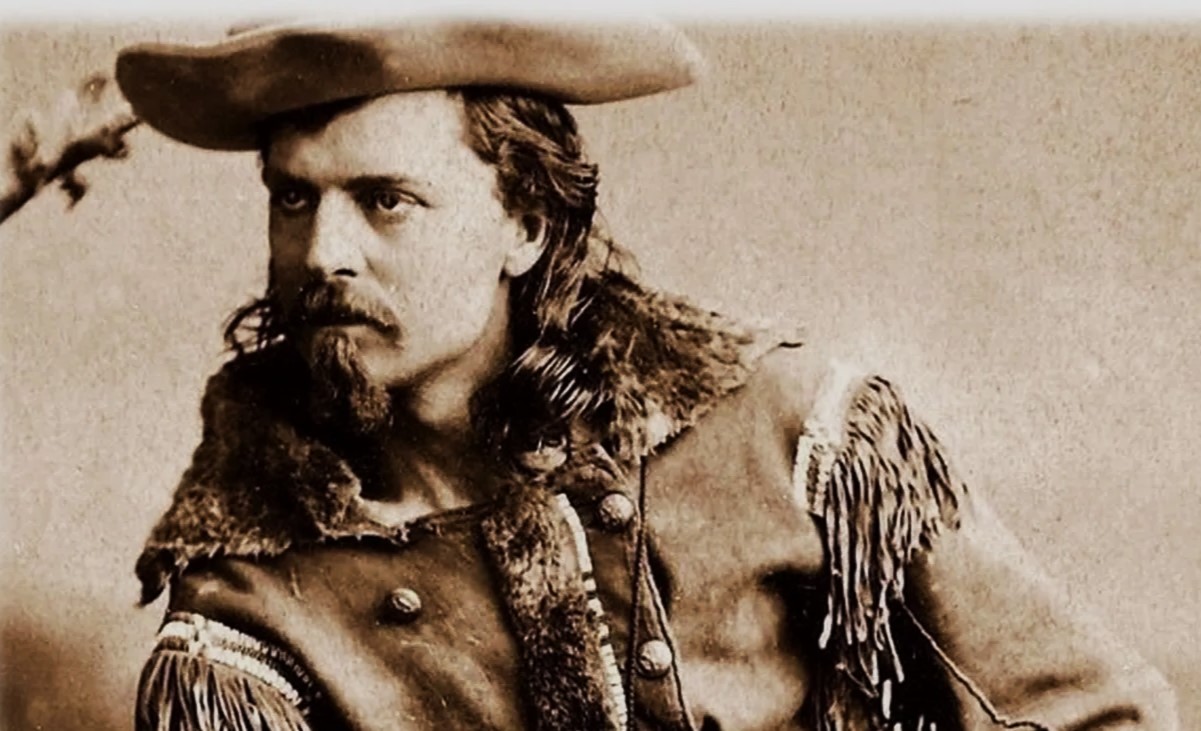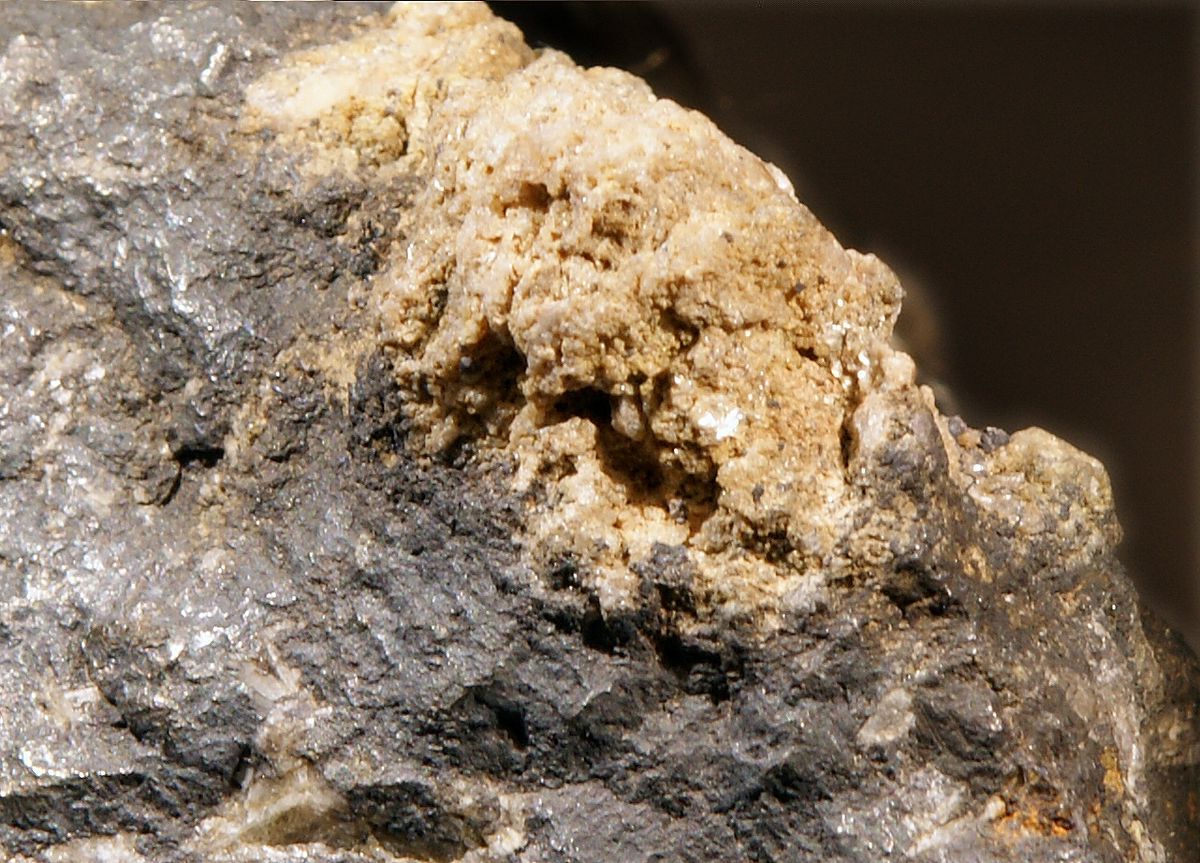
Who was Wild Bill Hickok? Wild Bill Hickok, born James Butler Hickok, was a legendary figure of the American Old West. Known for his sharpshooting skills, he became a folk hero through tales of his gunfights, law enforcement, and adventures. Hickok's life was a mix of fact and fiction, making him a fascinating character in American history. He worked as a scout, soldier, spy, and lawman, gaining fame for his role in the Wild West. His dramatic death during a poker game, holding what is now called the "Dead Man's Hand," only added to his mystique. Let's dive into 37 intriguing facts about Wild Bill Hickok!
Key Takeaways:
- Wild Bill Hickok was a legendary figure of the American Old West, known for his fearless nature, quick draw, and gunfighting skills. His life and exploits have been immortalized in various forms of media, cementing his status as a Wild West legend.
- Despite his rough exterior, Wild Bill Hickok had a softer side and was known for his distinctive appearance, gentlemanly behavior, and deep fear of being buried alive. His legacy continues to inspire new generations as a symbol of the rugged individualism of the American frontier.
Early Life and Background
Wild Bill Hickok, born James Butler Hickok, is a legendary figure of the American Old West. His life was filled with adventure, danger, and intrigue.
- Born on May 27, 1837, in Homer, Illinois, Hickok grew up in a large family with six siblings.
- His father, William Alonzo Hickok, was an abolitionist who used their family home as a stop on the Underground Railroad.
- Hickok left home at 18 to work as a canal boat pilot in Utica, Illinois, before heading west.
Career as a Lawman
Hickok's reputation as a lawman and gunfighter began to take shape in the late 1850s and 1860s. His skills with a gun and his fearless nature made him a formidable figure.
- In 1858, he joined the Russell, Majors and Waddell freight company, where he met Buffalo Bill Cody.
- Hickok became a constable in Monticello Township, Kansas, in 1859.
- During the Civil War, he served as a scout for the Union Army and participated in several battles.
- In 1865, Hickok was appointed sheriff of Ellis County, Kansas, where he earned a reputation for his quick draw and deadly aim.
- He later served as marshal of Hays City and Abilene, Kansas, where he enforced the law with an iron fist.
Famous Gunfights
Hickok's gunfights are the stuff of legend. His quick draw and accuracy made him one of the most feared gunfighters of his time.
- The first recorded gunfight involving Hickok occurred in 1861 in Rock Creek, Nebraska, where he killed David McCanles.
- In 1865, he had a famous duel with Davis Tutt in Springfield, Missouri, over a pocket watch. Hickok won with a single shot.
- Hickok's reputation grew after he killed Phil Coe in Abilene, Kansas, in 1871, during a confrontation outside a saloon.
Personal Life and Relationships
Despite his rough exterior, Hickok had a softer side. His personal life was marked by several relationships and a brief marriage.
- Hickok was known to have a close friendship with Calamity Jane, another famous figure of the Old West.
- In 1876, he married Agnes Thatcher Lake, a circus proprietor, in Cheyenne, Wyoming.
- Hickok's marriage was short-lived, as he left for Deadwood, South Dakota, shortly after the wedding.
Death and Legacy
Hickok's life came to a tragic end in Deadwood, but his legacy as a Wild West icon endures.
- On August 2, 1876, Hickok was shot in the back of the head while playing poker at Nuttal & Mann's Saloon in Deadwood.
- He was holding a pair of aces and eights, which became known as the "Dead Man's Hand."
- His killer, Jack McCall, was tried twice for the murder. The first trial acquitted him, but he was found guilty in the second trial and hanged.
- Hickok was buried in Deadwood's Mount Moriah Cemetery, where his grave remains a popular tourist attraction.
Wild Bill in Popular Culture
Hickok's life and exploits have been immortalized in various forms of media, cementing his status as a Wild West legend.
- Hickok was portrayed by actor Gary Cooper in the 1936 film "The Plainsman."
- The television series "Deadwood" featured Hickok as a central character, played by Keith Carradine.
- Numerous books, comics, and songs have been written about Hickok, keeping his legend alive.
Interesting Tidbits
Beyond his well-known exploits, there are many lesser-known facts about Wild Bill Hickok that add depth to his character.
- Hickok was an accomplished marksman and often participated in shooting exhibitions.
- He was known for his distinctive appearance, often wearing a long coat, wide-brimmed hat, and carrying two pistols.
- Despite his rough lifestyle, Hickok was known to be a gentleman and treated women with respect.
- He was a skilled gambler and often played poker, which ultimately led to his death.
- Hickok was ambidextrous, able to shoot accurately with both hands.
- He once worked as an actor in Buffalo Bill Cody's Wild West Show.
- Hickok had a deep fear of being buried alive and requested that his friends ensure he was truly dead before burial.
- He was known to have a quick temper but was also capable of great kindness and generosity.
- Hickok's eyesight began to deteriorate later in life, which affected his shooting accuracy.
- He was a member of the Freemasons, a fraternal organization.
- Hickok's life has been the subject of numerous historical debates and controversies.
- He was known to carry a pair of ivory-handled Colt 1851 Navy revolvers.
- Hickok's nickname "Wild Bill" was given to him by his friends and colleagues.
- He once saved a stagecoach from a bandit attack, earning him further fame.
- Hickok was known to have a fondness for animals, particularly horses and dogs.
- His legacy continues to inspire new generations, with his life being a symbol of the rugged individualism of the American frontier.
The Legacy of Wild Bill Hickok
Wild Bill Hickok's life was a whirlwind of adventure, danger, and legend. From his days as a scout and lawman to his untimely death during a poker game, his story continues to captivate. His sharpshooting skills, daring exploits, and larger-than-life persona made him a symbol of the Wild West. Even today, his name evokes images of dusty streets, saloons, and the untamed frontier.
Hickok's legacy lives on through countless books, movies, and TV shows. His impact on American folklore is undeniable, and his story serves as a reminder of a time when the West was wild and anything seemed possible. Whether seen as a hero or an outlaw, Wild Bill Hickok remains an enduring figure in American history. His life, filled with both triumph and tragedy, ensures he won't be forgotten anytime soon.
Frequently Asked Questions
Was this page helpful?
Our commitment to delivering trustworthy and engaging content is at the heart of what we do. Each fact on our site is contributed by real users like you, bringing a wealth of diverse insights and information. To ensure the highest standards of accuracy and reliability, our dedicated editors meticulously review each submission. This process guarantees that the facts we share are not only fascinating but also credible. Trust in our commitment to quality and authenticity as you explore and learn with us.


